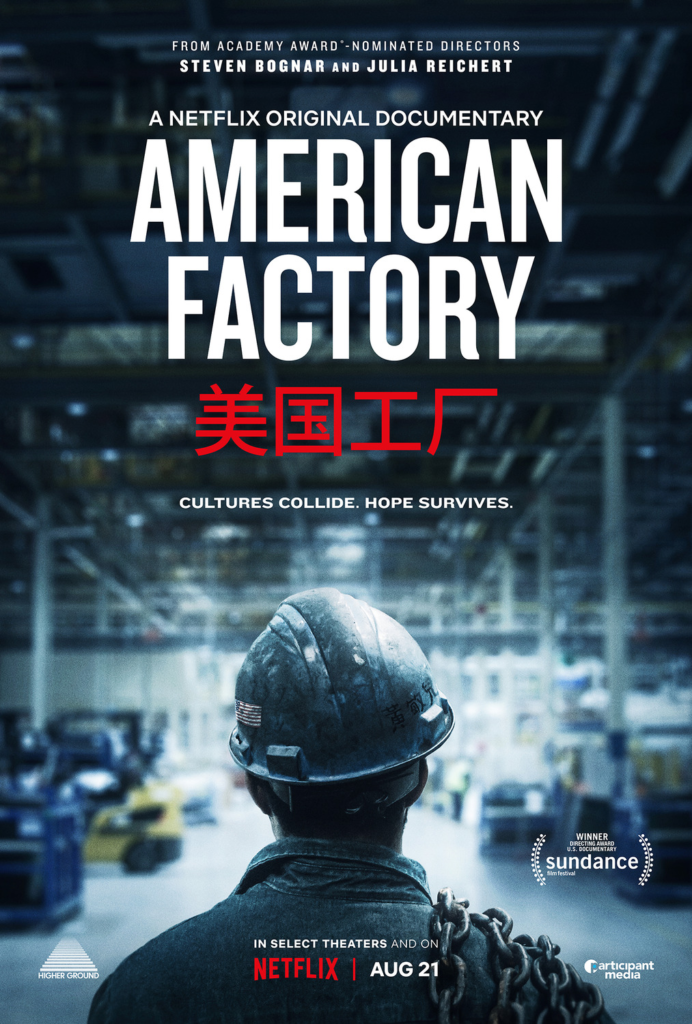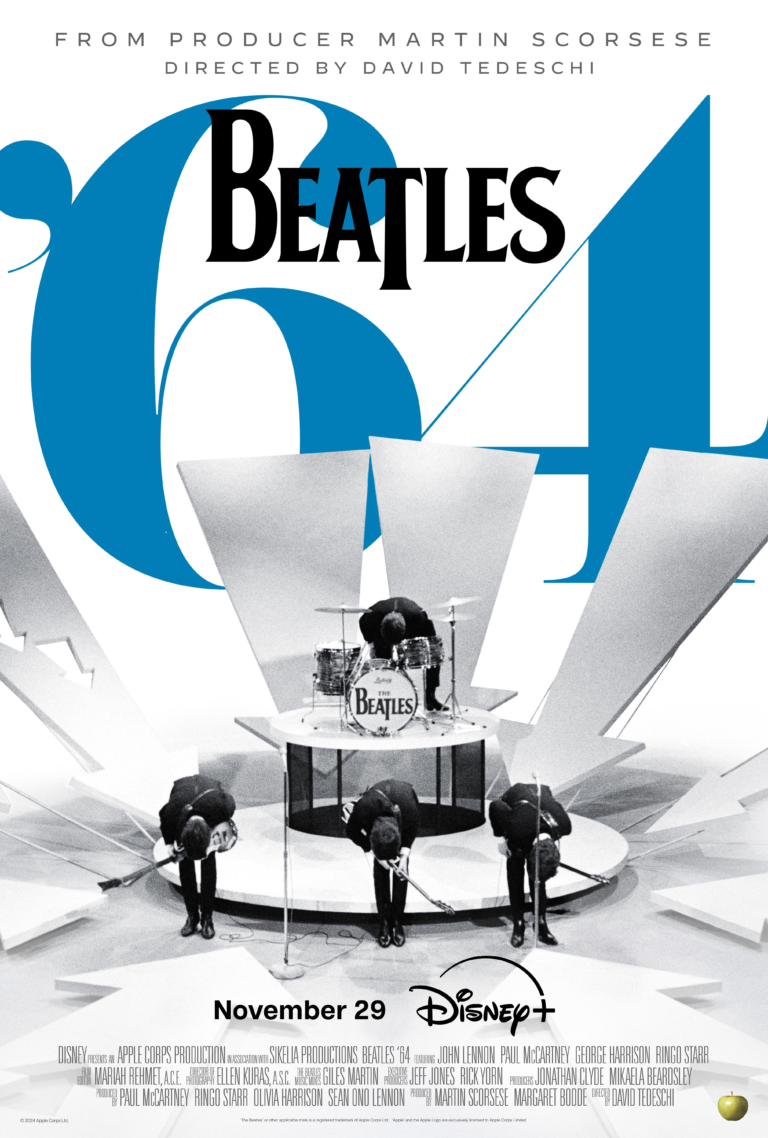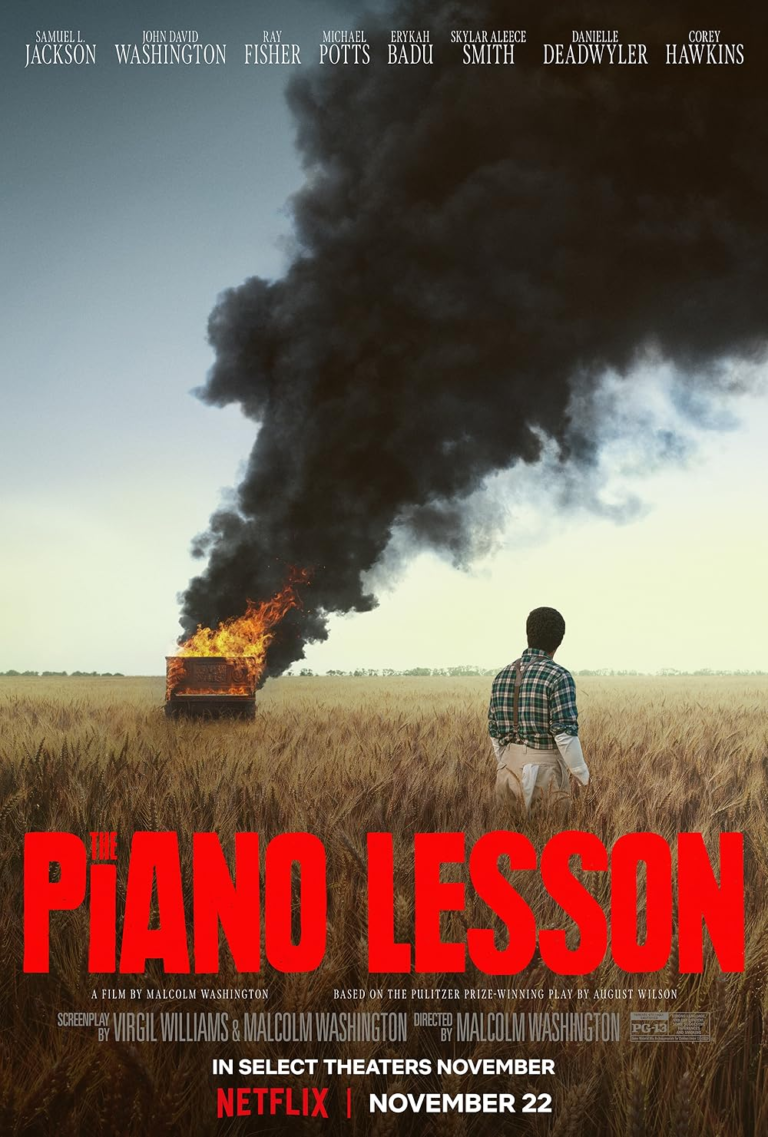American Factory Christian Review

Let’s talk about American Factory for a minute—Steve Bognar and Julia Reichert’s brilliant, raw documentary. It’s not a film that hits you all at once, but it sits there under your skin long after you’ve watched it. It’s about jobs, factories, people, robots, and the clashing cultures of America and China. But really, it’s about much more than that. It’s about what happens when a system that was once built on hard work, human relationships, and local communities collides with the cold, fast-moving gears of global capitalism. If you’re looking for something to ponder deeply, this is it.
And as a Christian? Watching American Factory makes you question everything about how we treat work, workers, and the economy, especially through the lens of faith. We know what Scripture says about the value of human life, the dignity of labor, and our responsibility to seek justice for all people—yet here we are, witnessing a world where profit margins and automation seem to count for more than people’s livelihoods.
Human vs. Machine: The Rise of Fuyao in Dayton
The film opens with a bittersweet hope. The old General Motors plant in Dayton, Ohio—a monument to the American working class, long since closed—is revived when Fuyao, a Chinese auto-glass company, moves in. Jobs come back, spirits lift, and there’s this brief flicker of optimism. But the shiny exterior hides the deeper, unresolved conflict lurking beneath. It’s not long before the cultural and economic tensions bubble up.
The American workers, who remember their union-backed GM days, where paychecks were big and breaks were plenty, find themselves at odds with the strict, fast-paced demands of Chinese management. And then there’s the Fuyao leadership, led by the CEO, Cao DeWang, trying to figure out how to make this grand experiment work while navigating the cultural and economic chasm between his Chinese workforce and the Americans.
What I find so striking is how the film doesn’t cast anyone as the clear villain. The Chinese executives are hardworking, often likable, and honestly trying to make their vision work in a new environment. The American workers, for their part, are dedicated, frustrated, and just trying to survive. But what connects both groups is a shared desire: to make a living, support their families, and keep their dignity intact. And that, I think, is one of the film’s biggest strengths—it shows us that, deep down, we’re all just people trying to make it in a system that doesn’t always seem to care about us.
The Dignity of Work: A Christian Perspective
Work matters. It’s not just something we do to pay the bills; it’s part of our identity, part of how we contribute to the world. The Bible, especially in Genesis, tells us that God gave Adam work to do in the garden—not as a punishment, but as a way of stewarding creation. This idea of work being intrinsically tied to human dignity is something Christians believe in deeply. And American Factory drives home how fragile that dignity can be when the powers that be treat human beings as tools for profit rather than as image-bearers of God.
As I watched these American workers talk about how proud they used to be of their work, it’s hard not to see the heartache when that pride begins to fade. The long hours, the constant pressure, the sense that they’re disposable in the grand scheme of things—it’s a painful thing to witness. But it’s not just the Americans who struggle. We also see the Chinese workers, flown in from overseas, who are separated from their families, working grueling hours in a foreign country, trying to adapt to a culture that is as foreign to them as theirs is to the Americans.
And then there’s the automation. The machines that loom over everything in the factory, ready to take over. You can feel the fear from both the Chinese and American workers as they see these machines coming in, threatening to make them obsolete. The film doesn’t shy away from asking a tough question: What happens to human dignity when we no longer need humans to work?
Empathy in the Midst of Anger
What’s remarkable about American Factory is the empathy it extends to everyone involved. It would’ve been easy to turn this into a black-and-white story of American workers versus Chinese management, or workers versus the machines. But that’s not the route Bognar and Reichert take. Instead, they capture the complexity of the situation.
Cao DeWang, the Chinese CEO, is one of the most compelling characters. He’s not a caricature of the ruthless businessman; he’s a real person, wrestling with the moral implications of his role. Late in the film, he asks the question that sits at the heart of this story: “I don’t know if I’m a contributor or a sinner.” That’s a heavy question for anyone to ask, but especially for someone with so much power and influence. And as Christians, we’re asked to weigh this question, too. In a world where profits often come at the cost of people, are we contributing to the common good, or are we complicit in the suffering of others?
It’s easy to feel anger while watching this documentary. Anger at the economic system that puts profit over people. Anger at the loss of jobs to machines. Anger at the cultural misunderstandings that lead to frustration and resentment. But as Christians, we’re called to love our neighbors—even the ones who seem to be on the other side. American Factory challenges us to extend that love to everyone involved, to see the humanity in both the workers on the factory floor and the executives in the boardrooms.
What Does Justice Look Like in a Globalized World?
Justice is a central theme in the Bible. Micah 6:8 tells us that we’re to “act justly, love mercy, and walk humbly with our God.” But what does justice look like in the world of American Factory? What does it mean to seek justice in a globalized economy where cultures clash and machines threaten to take over?
The film doesn’t give easy answers, and maybe that’s the point. There are no heroes, no villains—just people trying to survive in a system that often feels inhumane. But as Christians, we’re called to think critically about these systems. Are we contributing to a world where people’s dignity is upheld, or are we turning a blind eye to injustice because it doesn’t affect us directly?
The Future of Work and the Role of Faith
At the end of the day, American Factory is not just a documentary about one factory in Ohio. It’s a window into the future of work. And it’s a future that’s deeply uncertain. Will machines replace us? Will globalization continue to widen the gap between the rich and the poor? What role does faith play in navigating these changes?
As followers of Christ, we’re called to more than just passive observation. We’re called to action—to stand up for the dignity of every person, to seek justice in an unjust world, and to extend empathy and grace to those who are different from us. American Factory challenges us to think about what kind of world we want to create and how we can live out our faith in the midst of rapid change.
And maybe that’s the most profound takeaway from this film: It doesn’t give us the answers, but it gives us the space to wrestle with the questions.





